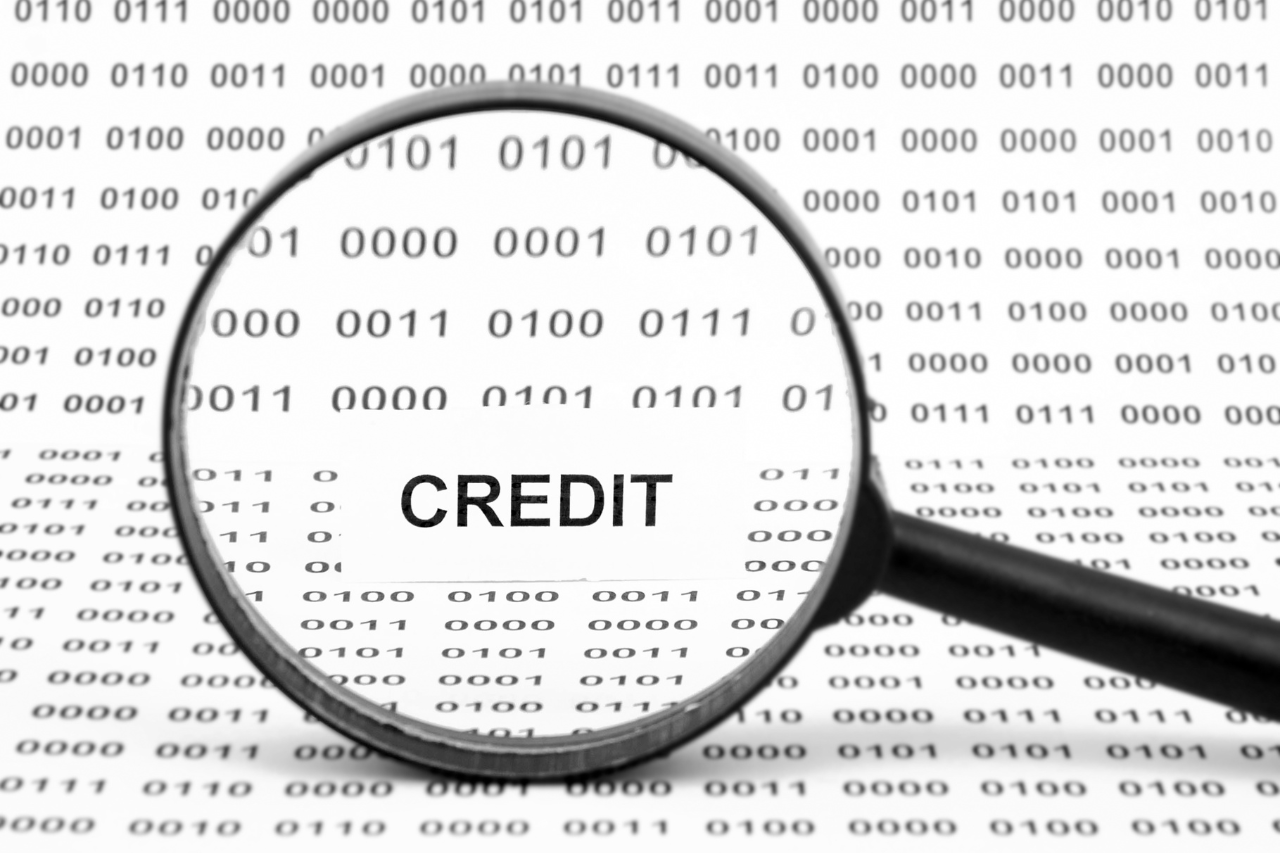
What is Credit?

Share:
Max Pockets Editorial Team
Credit is a term used in both accounting and finance in which money, goods, or services are exchanged for future payment. In accounting, credit refers to the right side of a ledger account that shows how much the business owes. In finance, it typically refers to borrowing funds from an external source with the expectation that the debt will be repaid at some point in the future. Understanding the basics of credit is important for both businesses and individuals, as it can be used to build up or improve one’s financial standing.
Let us take a closer look at what credit means:
What is credit?
Credit is a term used to describe the potential for an individual or business entity to borrow money, usually from a financial institution. In accounting and finance, credit refers to the ability of a customer to receive goods or services prior to payment based on trust and the promise of future payment. Credit can also refer to the amount of trust between different parties involved in a financial transaction. Credit is used to finance purchases such as a home, car, education expenses and more. It can also be used to invest in stocks and bonds.
Credit is important to understand because it enables individuals and businesses to access funds for large purchases or investments without having the entire sum available at one time. By understanding credit, one can better manage their finances, investment strategies, and debts.
What is Credit in Accounting?
In accounting, credit refers to the right side of a ledger account. Generally speaking, this is the side where amounts owed to a business are recorded. Credit entries also record any revenue earned by the company, such as sales or services rendered. A credit can represent an increase in an asset or a decrease in liability for the business.
What is Credit in Finance?
In finance, credit is a form of borrowing funds from an external source. It typically involves the agreement that the debt will be paid back over time with interest added on top of the initial loan amount. Credit can come in many forms, such as credit cards, personal loans, mortgages, and more. In some cases, businesses may also utilize credit to fund their operations or to acquire assets.
What are the types of Credit?
Credit can be divided into various types, each providing different benefits and risks. These types of credit include:
• Secured Credit – This type of credit is tied to an asset such as a home or car and requires collateral in case the borrower defaults on the loan.
• Unsecured Credit – This type of credit does not require collateral as a guarantee for repayment. Examples of unsecured credit include credit cards and student loans.
• Revolving Credit – This type of credit gives borrowers access to funds up to a certain limit, which can be used and repaid multiple times within the given period.
• Installment Credit – This type of credit allows borrowers to borrow a lump sum of money and repay it in regular payments over time.
• Line of Credit – This type of credit is similar to revolving credit but with a higher limit and lower interest rates.
Why Do You Need Credit?
Credit is important to understand as it serves as a way to access funds for investment and large purchases. Having a good credit score will also make it easier to be approved for loans, credit cards, and mortgages. Credit can help individuals and businesses manage their finances more effectively by providing them with the resources they need when they need it.
By understanding credit and using it responsibly, one can build a strong financial foundation for themselves or their business. Understanding the types of credit available is essential to making informed decisions when it comes to borrowing money. Credit can help individuals and businesses achieve their goals, but should always be handled with caution and responsibility.
Credit vs Debit
Credit and debit are two different payment methods that have distinct advantages and disadvantages. Credit involves borrowing money from a financial institution while debit involves using funds already contained in an account.
Debit is typically used for everyday purchases such as groceries or gas, while credit is often used for larger purchases such as appliances or a car. With debit cards, the money is taken directly from a checking account and with credit cards, funds are borrowed from the lender.
Debit cards have lower fees and interest rates than credit cards, but they also offer fewer rewards or benefits. Credit cards can help build credit scores if used responsibly, while debit transactions are not reported to any of the major credit bureaus.
Differences between a loan and a credit
There are some key differences between a loan and a credit. Loans typically involve borrowing money from an external source with interest rates and repayment terms that must be agreed upon by both parties. Credit, on the other hand, is often associated with revolving accounts such as credit cards which allow borrowers to access funds up to a certain limit and make payments in installments. Additionally, loans often require collateral or other forms of security while credit does not.
What is a credit card?
A credit card is a type of revolving loan that allows users to borrow money up to a certain limit. Credit cards usually come with rewards, benefits, and interest rates that vary depending on the individual’s credit score and the lender. Credit cards are typically used for purchases and can be paid off over time or in full each month.
Can you have too many credit cards?
Having too many credit cards can have an adverse effect on your credit score. This is because when lenders see that you have multiple open lines of credit, they may assume that you’re a high-risk borrower and be less likely to approve future loans or applications. Additionally, having too many credit cards can make it harder to keep track of payments and balances, leading to missed payments and higher interest rates. It is important to use credit responsibly and only apply for cards when necessary.
What is a credit score?
A credit score is a numerical representation of an individual’s creditworthiness. It is based on information supplied by the three major U.S. credit bureaus – Experian, TransUnion, and Equifax – and measures how likely a borrower is to make payments on time in the future. Credit scores range from 300-850 with higher numbers indicating a better credit history.
It is important to maintain a good credit score as it can significantly impact an individual’s ability to access funds and receive favorable loan terms. Improving one’s credit score requires making timely payments, reducing debt, and limiting the amount of new credit inquiries.
What is a credit report?
A credit report is a detailed record of an individual’s debt history, including information such as payment histories, loan balances, and credit inquiries. Credit reports are compiled by the three major U.S. credit bureaus – Experian, TransUnion, and Equifax – and used to generate an individual’s credit score. It is important to review your credit report regularly to ensure accuracy and identify any discrepancies.
Understanding what credit is, how it affects you personally and financially, and the difference between a loan and a credit card are all important steps in becoming more knowledgeable about personal finance. Knowing these concepts can help you make better decisions when applying for loans or using credit cards. Additionally, it is important to regularly review your credit report and take steps to maintain a good credit score.
How to protect your credit?
It is important to protect your credit by taking certain steps such as monitoring for suspicious activity, using strong passwords and other security measures, and regularly reviewing your credit report. Additionally, it is important to only apply for credit when necessary and to make payments on time each month. Taking these steps can help you stay in control of your finances and maintain a good credit score.
Protecting your credit is essential for financial health and stability, so it is important to be vigilant when it comes to monitoring activity and taking steps to ensure the security of your information.
How to build credit?
Building credit takes time and requires making an effort to establish a positive credit history. This can be done by taking out small loans or opening a secured credit card, both of which will help build a record of responsible borrowing. Additionally, it is important to make timely payments each month and keep debt levels low in order to demonstrate financial responsibility.
Bottom Line
By understanding what credit is, knowing the difference between a loan and a credit card, regularly reviewing your credit report, and taking steps to protect your credit, you can be more informed and make sound financial decisions.
Most Popular


Unveiling the Secrets: What Are Stocks?

Unlocking Financial Success: Accumulate Wealth

Mastering Dollar Cost Averaging: A Complete Guide
Subscribe To Our Weekly Newsletter
No spam, great information to grow your Money!
Categories
Related Posts

Building Wealth: Mutual Funds vs ETFs
Share: Optimize your strategy by comparing Mutual Funds and Exchange-Traded Funds. Deciding whether to buy an ETF or a mutual fund can be a tough

Unveiling the Secrets: What Are Stocks?
Share: Facebook Twitter Pinterest LinkedIn What Are Stocks? A stock is a type of security that signifies ownership in a corporation and represents a claim

Unlocking Financial Success: Accumulate Wealth
Share: Facebook Twitter Pinterest LinkedIn Are you looking for ways to grow your wealth safely? Are you looking for wealth building investments that can help

Mastering Dollar Cost Averaging: A Complete Guide
Share: Facebook Twitter Pinterest LinkedIn What Is Dollar-Cost Averaging? Dollar-cost averaging is an investing technique in which an investor purchases a fixed dollar amount of

Maximize Potential: How to Invest in Your 20s for Financial Security
Share: Facebook Twitter Pinterest LinkedIn If you’re in your 20s, you may be thinking about how to start investing. It’s important to begin saving and

Different Types of Investments: Risks and Rewards
Share: Investing can be very confusing and intimidating for beginners, especially when it comes to knowing what type of investment is right for you and